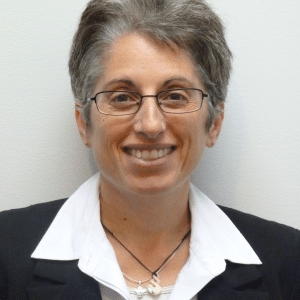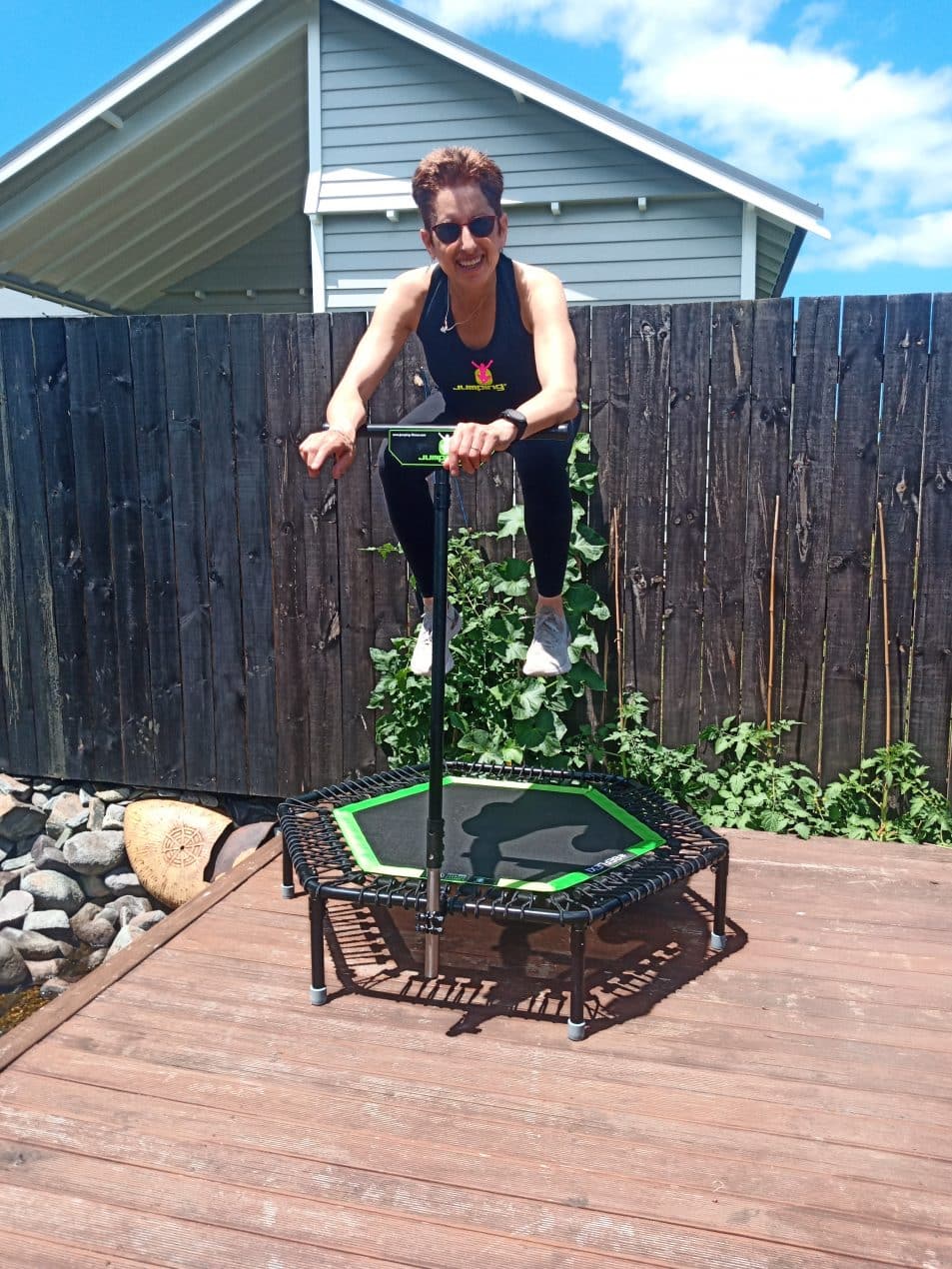
15 April 2021 – Our autistic son was struggling at school, and we took the Ministry of Education to arbitration to get him the help he needed.
I was not a lawyer at the time and had no clue what I was doing, but I wrote the submissions and presented them, and we were successful. It is the most stressful thing I’ve ever done, but it changed my son’s life – and mine!
Not long after that, I found myself at Waikato University studying law. By the time I finished, I knew I would practise Disability Law to help others like my son and our family.
While in law school I met a lawyer called Tony Banks who was running a workshop on disability-related topics. The audience was families of disabled people. When Tony retired, I took over. I now run a variety of workshops and speak at conferences and symposiums, am on a professional expert panel for Altogether Autism and have also been asked to work with schools and residential services to ensure they are complying with the law.
I have broken down my workshops into smaller topics and have made videos available on YouTube and Facebook. Ironically Covid-19 has helped more people get access to the workshops as these are now often run online.

Nan Jensen is a trampoline fitness instructor. She does it because her knees hurt and the tramp provides a low impact surface while giving extra strengthening and balance challenges.
Disability Law – what is it?
There appears to be no official category of Disability Law according to New Zealand Law Society or Auckland District Law Society. So, what is it? Of course, some areas of law are more relevant than others, but really it is about servicing a community, understanding their needs, and understanding the disability framework in New Zealand.
There are many different types of disability, so the needs of the community are diverse. People in wheelchairs with physical difficulties but perfectly functioning brains do not want to be infantilised and understandably demand their rights to self-determination and support, such as accommodations in the workplace and accessible homes. But those with intellectual or other developmental disabilities may be incredibly vulnerable to ‘fake friends’ and salespeople (the people I call predators). This group must have their rights respected and their decision making and autonomy supported, but it is my view that we are being negligent if we allow them to be abused and taken advantage of in the guise of protecting their rights.
Not everyone learns from their mistakes – some autistic people struggle to generalise from one situation to another. So, if they are abused or taken advantage of by a predator, it may happen repeatedly with different people. They may not recognise the common characteristics of the abusers or situations. Achieving the proper balance between protection and rights is an ongoing challenge. Blind and hearing-impaired people share a variety of challenges and have their own separate and unique issues.
I practise in most areas of private law – because disabled people have the same issues as everyone else. The difference is that most matters are complicated because disabled people’s lives, and their families’ lives are complicated. Families are exhausted from always advocating. Where a specialty that I do not have is needed, I refer to other lawyers and work with them if they are willing.
Last year I got my own diagnosis of autism. I believe I can contribute advice and ideas to clients which it seems many other lawyers cannot. I understand because of my own family and experience.
The ultimate problem facing most families is: what happens to the disabled person when their parents are gone? This is the greatest concern and fear – I know this from my own life!
I accommodate clients where possible, so I travel to meet them in their homes, or workplaces or wherever is most convenient for them. I work from home and do evenings or weekends – whatever works best. I would like to learn sign language.
The Future
I am continuously compiling a list of issues and problems that arise either because of legislation or lack thereof, but also because of attitudes and interpretation, and sometimes simply because of no experience of disability or a specific kind of disability in the legal system. In the first half of 2021, I hope to be able to engage some of our politicians about this to help in the search for solutions on how our legal system can help, and not inflict more harm.
I would love to find other lawyers who share my passion, want to learn what I know, and who might want to collaborate in this area. All too often I have clients coming to me with legal work which might be suitable for the non-disabled, but which just will not work for my family situation. I would like to start slowing down but I feel that I cannot until I find others who will carry on this work.
- Nan Jensen is a lawyer specialising in disability law.
- She is a consultant with Quinlaw in New Plymouth. Practising from her home in Hamilton, she utilises technology to service New Zealand’s disability community nationwide.
- Nan has practised for eight years, also providing legal education on Disability Law matters and acting as a director of The Disability Trustee, which provides trustee services to trusts with disabled beneficiaries.
- Nan is a fitness instructor and the classes she runs are very appropriately on trampolines. The tramp provides a low impact surface while giving extra strengthening and balance challenges.
- She has recently been diagnosed autistic.
- This article first appeared in Law Talk Issue 945, the magazine of the New Zealand Law Society
- This article also appeared in Altogether Autism Journal, 2021


